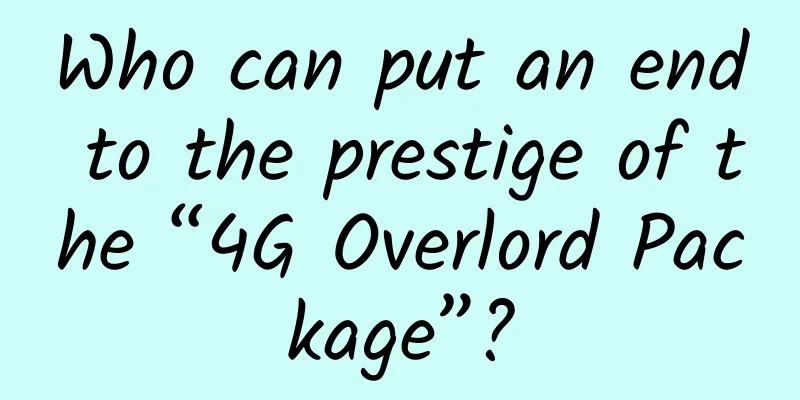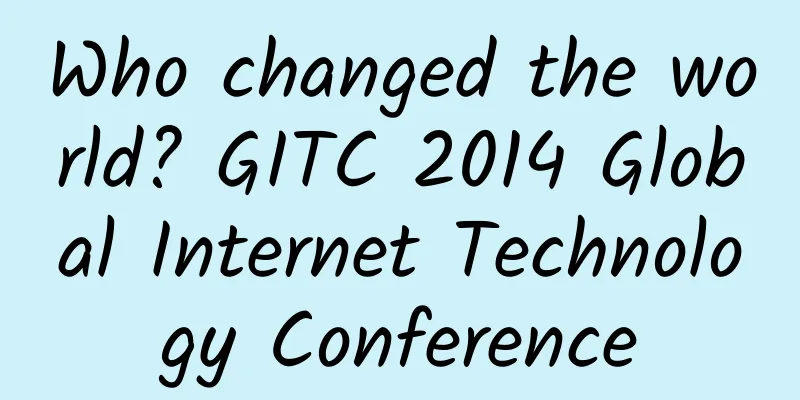Who can put an end to the prestige of the “4G Overlord Package”?

|
According to the China Consumers Association, it has recently received complaints from many consumers that some operators have artificially set up obstacles and restricted the right to choose when providing telecom operation services. Some operators stipulate that after 2G and 3G users upgrade to 4G services, they cannot change back to 2G and 3G packages; after 2G services are upgraded to 3G, if they want to change back to 2G, there are also obstacles. Many mobile phone users may have experienced the problem that their packages can only be upgraded but not downgraded or that there are obstacles when downgrading packages. Due to the strong position of operators, individual users often encounter setbacks when filing complaints. After several setbacks, most users silently endure it and regard it as a loss. Even if some users think that it is the arrogance of the strong that is unbearable, they can only complain to social organizations such as the China Consumers Association that have no law enforcement and supervision power. Logically speaking, when users buy telecom service packages, they are paying for goods and services, and the buyers should have the final say. It is obviously neither legal nor reasonable for operators to directly say "SAY NO" or artificially set up obstacles to users' requests to downgrade packages. On the one hand, operators have violated consumers’ right to make their own choices. Article 9 of the Consumer Rights Protection Law stipulates: “Consumers have the right to independently choose the types of goods or service methods. When consumers independently choose goods or services, they have the right to compare, identify and select.” Although 2G and 3G are clearly available for selection, operators force users to go the 4G route or set up various obstacles when downgrading packages, which obviously deprives users as buyers of their right to choose. Such "forced sales" are suspected of forced transactions and should be sanctioned by legal means. On the other hand, packages only increase in price but never decrease in price or create obstacles for decreasing packages, which harms the economic rights and interests of consumers. If we trace the root of the problem, why do operators take the risk of being "criticized" by users or even facing legal sanctions? Ultimately, it is because they are driven by profit. As we all know, 4G and other upgraded packages are the new competition territory for operators and represent the future of the market. The more users use 4G, the more profitable the operators will be. In addition, the 4G package itself has the characteristics of "fast Internet speed and large data consumption". The charges paid by users are obviously higher than 2G and 3G. The netizens' joke that "a house is lost if the mobile phone is left on all night" reflects the problem of inexplicable loss of 4G traffic and excessively high charges. To put it more harshly, the operators are simply "stealing" their wallets. With such a bad 4G experience, it is no wonder that users would ask to change back to their packages. In this context, if operators say “it cannot be changed back” or secretly “set up obstacles”, users will naturally be hurt. Like other commodities, telecom package service transactions must also follow the principle of "mutual consent". Only when one party is willing to buy and the other is willing to sell can it be a normal market transaction. The packages launched by operators can only increase in price but not decrease in price, which is against the trend and highlights their arrogance as the dominant party. The resulting telecom service transactions are naturally distorted. In fact, the popularity of various social software has already had a huge impact on telecom operators. In this context, operators should pay more attention to user experience and service quality, respect consumers' right to choose appropriate package services, and first of all, face up to the existing problems of the package, remove obstacles, and set up an exit mechanism for consumers. At the same time, after the service expires, operators can take reasonable measures to remind consumers to renew in advance, and terminate the contract by default if there is no renewal, so as to retain the hearts of users. Of course, if the operator refuses to correct the problem, users can file a lawsuit against the operator under the guidance of the Consumer Association and seek justice through legal means; if all else fails, the regulatory authorities can use administrative power to intervene and solve the problem of "bully packages". As a winner of Toutiao's Qingyun Plan and Baijiahao's Bai+ Plan, the 2019 Baidu Digital Author of the Year, the Baijiahao's Most Popular Author in the Technology Field, the 2019 Sogou Technology and Culture Author, and the 2021 Baijiahao Quarterly Influential Creator, he has won many awards, including the 2013 Sohu Best Industry Media Person, the 2015 China New Media Entrepreneurship Competition Beijing Third Place, the 2015 Guangmang Experience Award, the 2015 China New Media Entrepreneurship Competition Finals Third Place, and the 2018 Baidu Dynamic Annual Powerful Celebrity. |
>>: Try out the 4-in-1 iPhone external lens to improve your photography experience
Recommend
Brand New Year Marketing War
Key points As the Spring Festival approaches, con...
How to reason decently?
Communication, discussion, debate, expounding opi...
Hemorrhagic fever is clearly the fault of the mice, so why are we not allowed to eat strawberries?
...
Mumu Children's Photography Course [Good quality and material]
Mumu Children's Photography Course [Good qual...
Cocos Chengdu Developer Salon unveils the mystery of cocos 3D functions and H5
If there is a salon that stands at the height of ...
Hammer phone high standard drop test
The drop test of the Hammer phone is finally comp...
Liu Xiaoying's "18 Lectures on Scientific Angel Investment"
Learn angel investment, avoid value risks, a supe...
Why embrace "community marketing"?
Community-based development is the inevitable pat...
Interpretation of APP advertiser behavior big data in 2017
The data shows that compared with the historical ...
The "Deposit phone bill and get a free phone" benefit is still available
In August this year, the media widely circulated ...
Four ways of Android multithreading
When we start an App, the Android system will sta...
Facing the integration of three networks, operators should make new cakes
The pilot work of the three-network integration h...
New research from Peking University! Intestinal fungi are the "trigger" of polycystic ovary syndrome
In the field of women's health, polycystic ov...
Apple’s May App Store promotion summary report: Cleaning up tens of thousands of abandoned apps!
In May, Apple once again cleaned up a large numbe...









